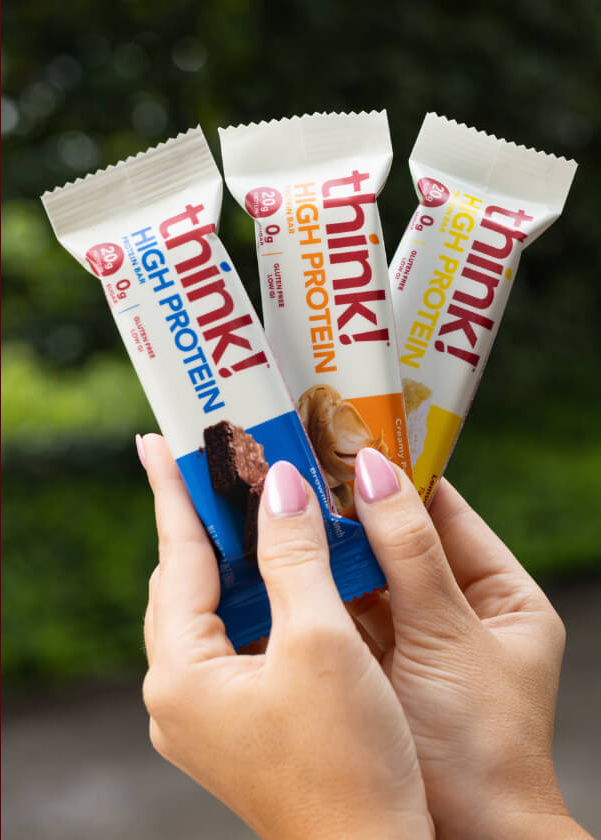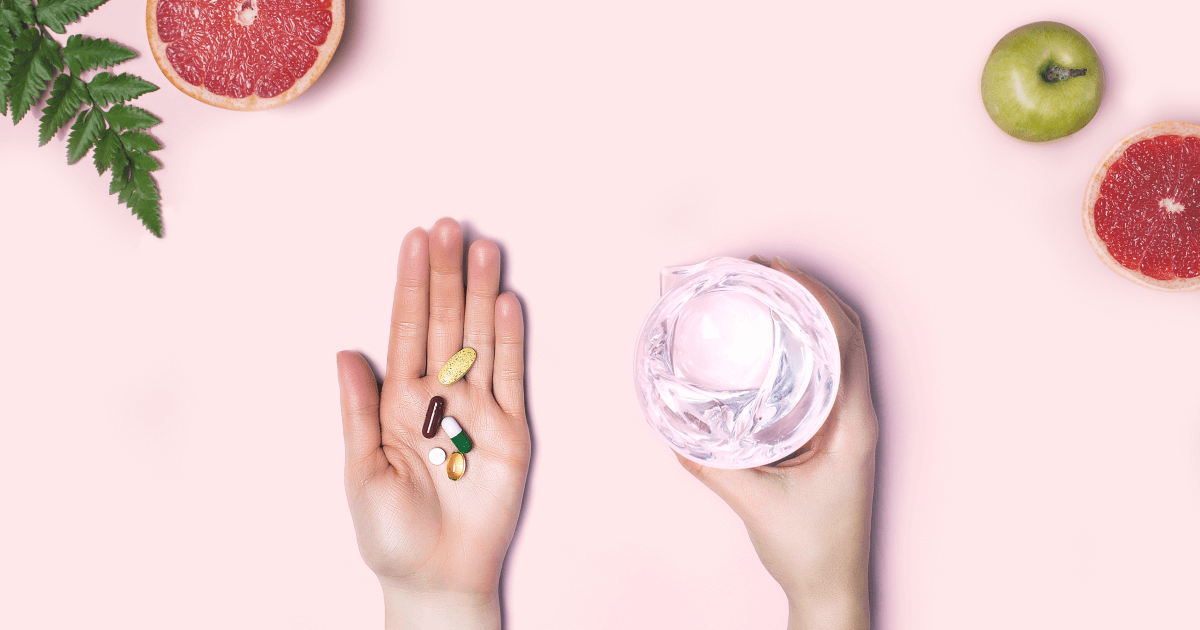Plant-based diets are an excellent way to help increase intake of fruits, vegetables, and whole grains. It's also a great way to potentially enrich your diet with essential nutrients like dietary fiber and antioxidants. There are a lot of pros when it comes to plant, however it's important to be mindful of what you could potentially be limiting when restricting certain foods and/or food groups. Take a look –
Protein can be found in varying amounts across many plant-based foods. Soy is an excellent high-quality plant-based protein, which contains all the essential amino acids in stuffiest quantities. May include soy-products such as soy yogurt, soy milk, miso, edamame and tempeh. Aim to include a variety of other protein foods throughout the day like beans, peas, lentils, nuts, nut butters, seeds to help secure all of the essential amino acids in your diet.
Vitamin B12 is only found within animal-based foods, therefore plant-based products do not contain any vitamin B12. Look for dietary sources that are fortified with vitamin B12 and/or supplement as needed. May include fortified products such as cereals, soy milk, almond milk, rice milk and meat alternatives made from plant (imitation meats).
Calcium may be added to select foods and beverages such as cereals, juices and plant milks like soy, rice and almond. Calcium is also naturally occurring in foods such as tofu, edamame, pinto beans, broccoli, collard greens and kale.
Zinc is found in a wider variety of foods, but mainly present within animal-based sources. However, zinc can be found in a variety of plant-based products such as soy-products, legumes, nuts, seeds, oatmeal, quinoa, hemp seeds, chia seeds, pumpkin seeds, quinoa, walnuts and pecans.
Iron is found as two types; heme and non-heme iron. Heme iron is found in animal-based sources and non-heme is found in plant-based sources. Unfortunately, heme iron is better absorbed than non-heme iron. Therefore, it's important to consume adequate amounts of iron on a daily basis. May try foods like green leafy vegetables, dried fruits, quinoa, soy beans, tofu, lentils, pumpkin seeds, cashews and almonds.
Vitamin D is a unique nutrient commonly known as the sunshine vitamin, because it can be made in the body from sun exposure. When it comes to dietary sources – there are very few foods that naturally contain vitamin D – and even less-so within plant. However, one excellent source are mushrooms that have been exposed to controlled UV light. May also look for products fortified with vitamin D and/or supplement as needed.
Starting a plant-based diet can be challenging at first, but it brings forth a lot of value. Just remember that whenever you make a major change to your diet it's important to consider where you may fall short, because inadequate intakes long-term could potentially lead to nutrient deficiencies. It may take time to adjust, but the good news is that you can secure all the above nutrients your body needs through plant-based foods. Aim for a food-first approach to help your body get what it needs and bring balance back into your life!


